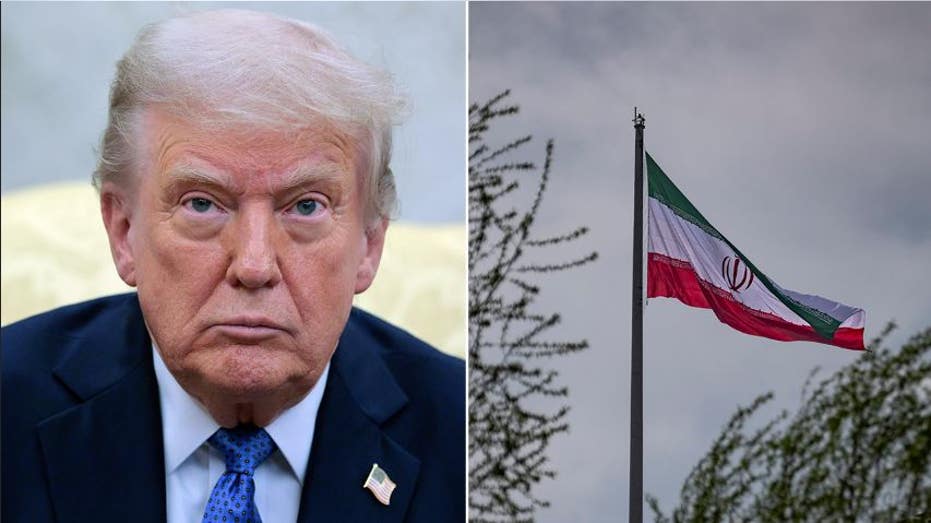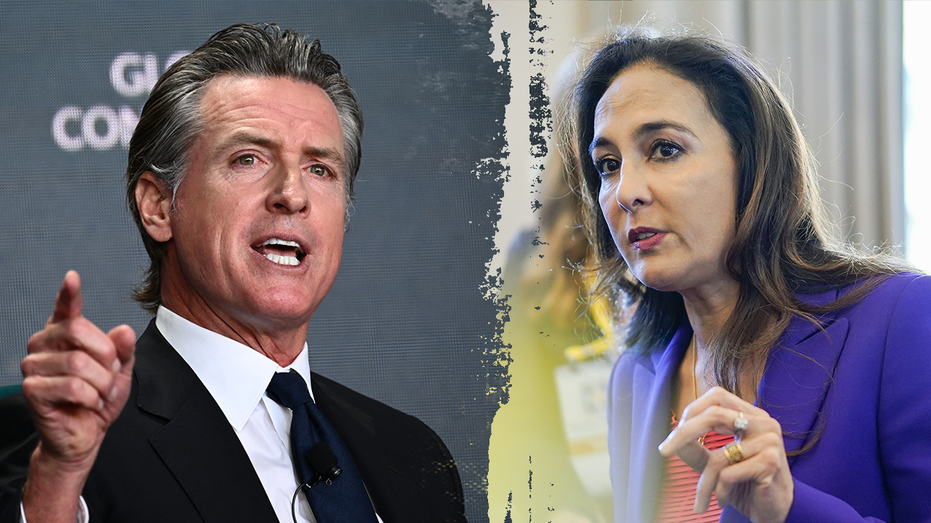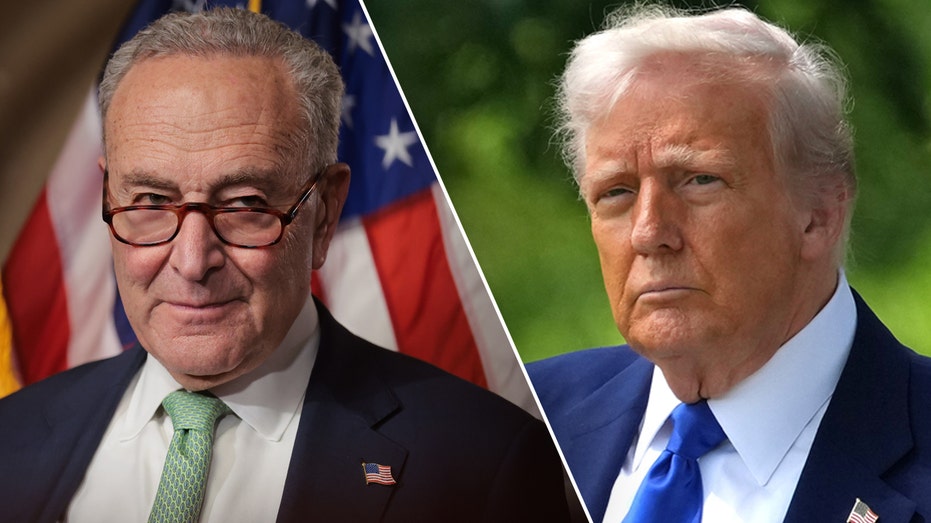White House Urges Iran to Accept Nuclear Deal Amid IAEA Reports Urgency in Uranium Enrichment Spike
IAEA report on Iran's uranium stockpile prompts White House to urge acceptance of nuclear deal proposal.

The White House issued a strong statement on Saturday, urging Iran to accept its latest proposal for a nuclear agreement in the wake of alarming findings by the International Atomic Energy Agency (IAEA). According to the IAEA's recent report, Iran has rapidly increased its stockpile of uranium enriched to levels just shy of weapons-grade, raising international concerns over the intentions behind its nuclear program.
White House press secretary Karoline Leavitt emphasized the gravity of the situation, stating, "President Trump has made it clear that Iran can never obtain a nuclear bomb." She further asserted that the administration's special envoy, Steve Witkoff, has delivered a detailed proposal deemed acceptable by U.S. standards, and that it would be in Iran’s "best interest" to agree to its terms. Leavitt declined to provide specifics about the content of the proposal, citing respect for the ongoing diplomacy.
The urgency of the administration’s message follows a report from the IAEA revealing that as of May 17, Iran's reserves of uranium enriched up to 60% had climbed to approximately 900.8 pounds—a nearly 50% jump since February. The IAEA noted that Iran is currently the only non-nuclear-weapon state to have produced such quantities of highly enriched uranium, describing the development as a “serious concern.” The agency also reiterated that a threshold of just 92 pounds of uranium enriched to 60% could provide enough material for an atomic bomb, if further enriched to 90% purity.
Despite these findings, Iran continues to insist that its nuclear ambitions are peaceful, dismissing the IAEA’s assessments as biased and politically motivated. In a joint statement, Iran's Foreign Ministry and the Atomic Energy Organization of Iran condemned the report, disputing its credibility and objectivity. "The Islamic Republic of Iran expresses its disappointment about the report, which was prepared by imposing pressure on the agency for political purposes," the statement read.
Diplomatic efforts appear to be at a standstill, with Iranian Foreign Minister Abbas Araghchi taking to social media to question the possibility of an imminent deal. Araghchi stated that while Iran remains committed to a diplomatic resolution, any agreement must ensure the full removal of sanctions and protect Iran’s right to nuclear enrichment. He warned that, regardless of negotiations, Iran would continue its nuclear enrichment activities.
Amid these tensions, regional diplomacy is intensifying. Omani Foreign Minister Badr al-Busaidi delivered the Trump administration’s first formal proposal in Tehran, which reportedly calls for Iran to halt all uranium enrichment. The plan also envisions the creation of a regional consortium—including Iran, Saudi Arabia, and other Arab states alongside the U.S.—to collectively manage nuclear energy production in the region.
Israel weighed in this weekend as well, with Prime Minister Benjamin Netanyahu’s office issuing a stern warning about the escalating situation. Netanyahu called the IAEA report "grave," asserting it validates Israel’s long-standing claim that Iran’s nuclear program is designed for military, not civilian, purposes. "Despite countless warnings by the international community, Iran is totally determined to complete its nuclear weapons program," the Israeli statement said, stressing the urgent need for international action.
The report concludes that Iran remains out of compliance with its obligations under the Non-Proliferation Treaty and continues to impede IAEA inspectors' work. As the international community weighs its response, the prospect of a new nuclear deal—and regional stability—hangs in the balance.




